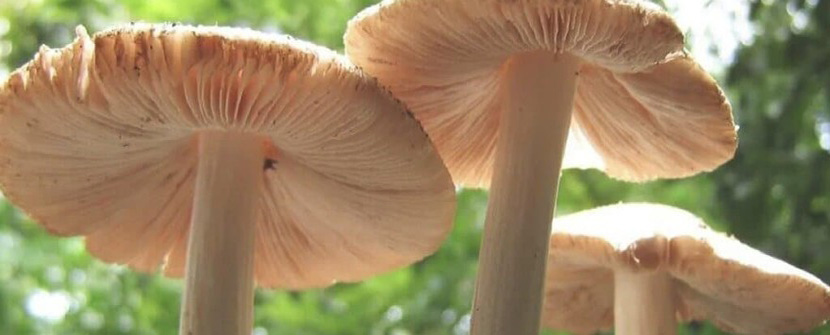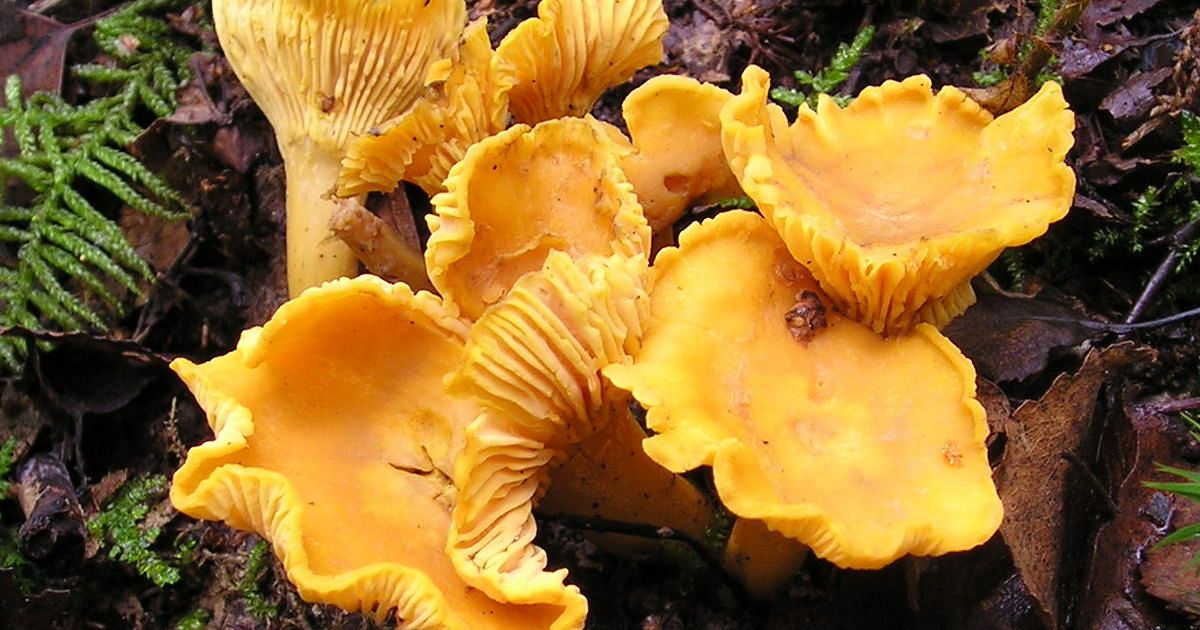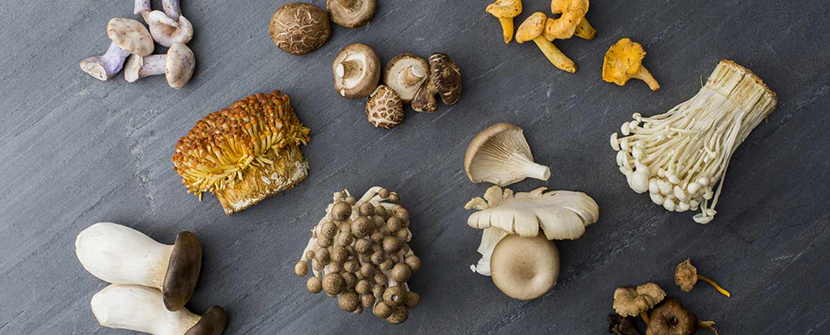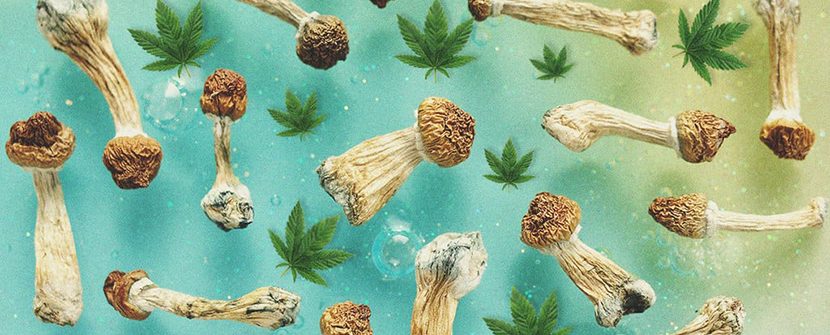Plastic is one of the most pervasive and persistent pollutants in the world. It is estimated that there are more than 8 billion tons of plastic waste in the environment, and only 9% of it has been recycled. Plastic can take hundreds or thousands of years to degrade, and it can harm wildlife, ecosystems and human health.
But what if there was a natural way to break down plastic faster and safer? That’s where mycoremediation comes in. Mycoremediation is the process of using fungi to degrade or isolate contaminants in the environment. Fungi are natural decomposers that can break down organic matter into simpler compounds. Some fungi can also break down synthetic materials, such as plastic, by producing enzymes that can digest them.
Species of Plastic-Eating Mushrooms
Scientists have discovered several species of mushrooms that can eat plastic over the years. Some of them are rare and exotic, while others are common and edible. Here are some examples:
Pestalotiopsis microspora
This fungus was discovered by Yale students in the Amazon rainforest in Ecuador in 2011. It can grow on polyurethane, a common polymer in plastic products, and use it as its sole carbon source. It can also live in environments with or without oxygen, which means it can thrive in waste treatment centers, home composting systems, and even at the bottom of landfills.
Oyster mushrooms
These mushrooms are widely cultivated and consumed around the world. They can also degrade various types of plastic, such as polyester polyurethane, polyethylene terephthalate (PET), and polystyrene. They can convert plastic into organic matter that can be used as fertilizer or animal feed.
Aspergillus tubingensis
This fungus was found in a landfill site in Pakistan in 2017. It can grow on polyurethane plastic and secrete enzymes that break down its chemical bonds. It can also colonize plastic surfaces and form a biofilm that helps degrade the material faster.
Benefits and Challenges of Mycoremediation
Mycoremediation has many potential benefits for the environment and society. Some of them are:
- It is eco-friendly and cost-effective compared to other methods of waste management, such as incineration, landfilling, or recycling.
- It can reduce greenhouse gas emissions and toxic leachates from plastic waste.
-
- It can restore soil health and biodiversity by adding organic matter and nutrients.
-
- It can create new products and resources from waste, such as biofuels, bioplastics, or mushroom-based materials.
However, mycoremediation also faces some challenges and limitations. Some of them are:
- It is not yet widely adopted or regulated by governments or industries.
- It requires specific environmental conditions, such as temperature, moisture, pH, and oxygen levels, to optimize fungal growth and activity.
- It may not be effective for all types of plastic or contaminants, especially those that are highly resistant or mixed with other materials.
-
- It may pose some risks of biohazards, such as allergens, pathogens, or toxins, from the fungi or their metabolites.
Future Perspectives
Mycoremediation is a promising and innovative approach to tackle the plastic problem. However, more research and development are needed to understand the mechanisms, optimize the processes, and scale up the applications of this technology. Some possible directions for future studies are:
- Exploring the diversity and potential of fungi that can degrade plastic or other pollutants.
- Developing methods to enhance fungal performance and selectivity for different types of plastic or contaminants.
- Evaluating the environmental impacts and safety aspects of mycoremediation.
- Designing bioreactors or systems that can facilitate fungal growth and degradation of plastic waste.
-
- Collaborating with stakeholders from different sectors to promote awareness and adoption of mycoremediation.
Mycoremediation is not a magic bullet that can solve all our environmental problems. But it is a powerful tool that can complement other strategies to reduce, reuse, recycle, and recover plastic waste. By harnessing the incredible abilities of fungi, we can create a more sustainable and circular economy for our planet.








